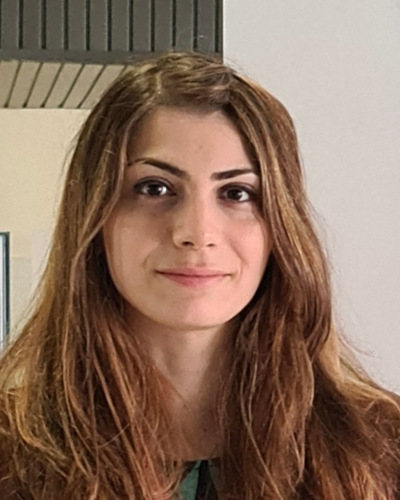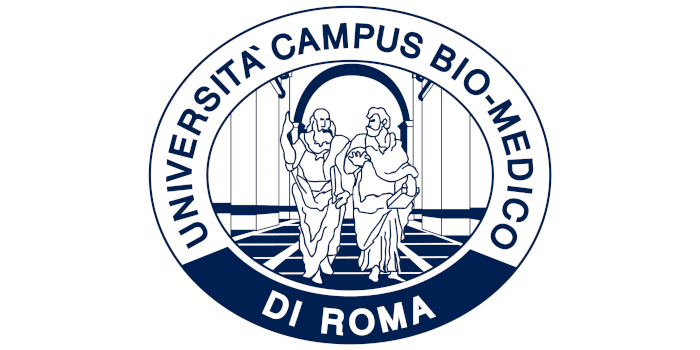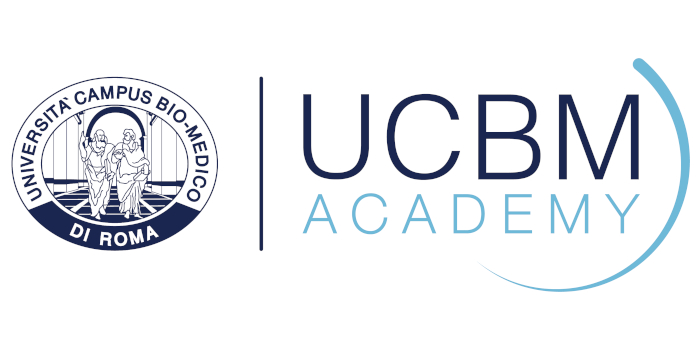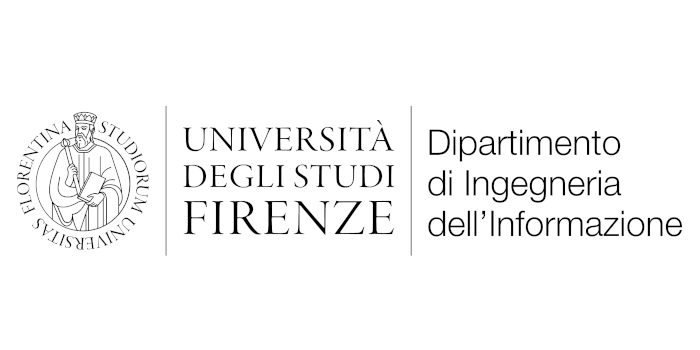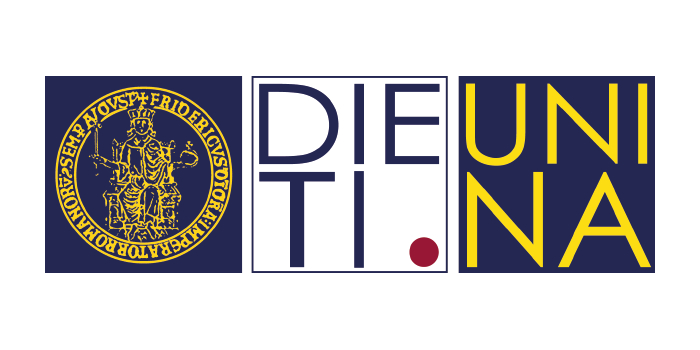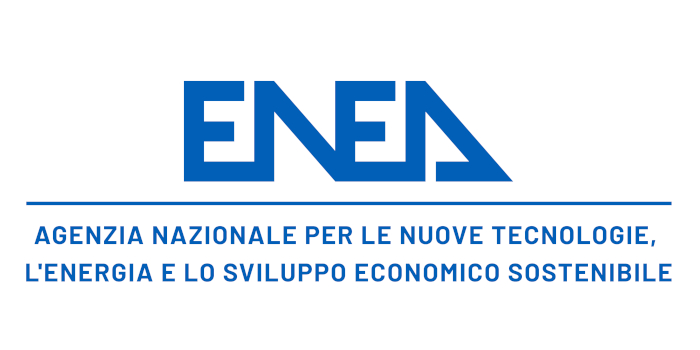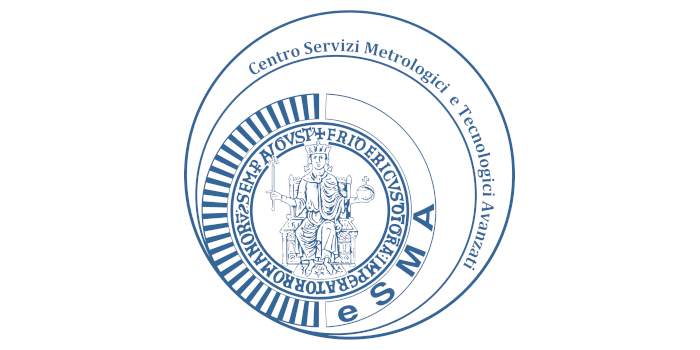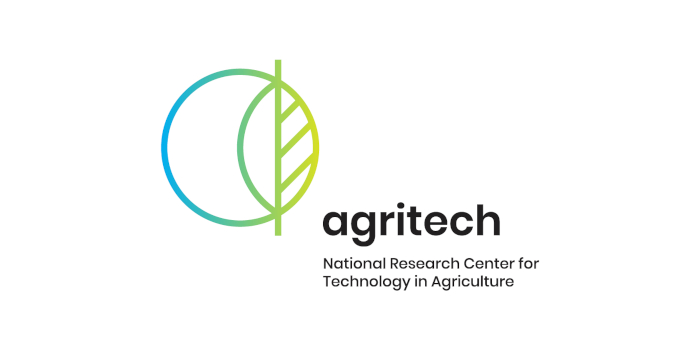SPECIAL SESSION #06
Advances And Emerging Solutions In Measurements For Environmental And Human Health Monitoring In Industry And Healthcare
ORGANIZED BY
Giorgia Fiori
University of Roma Tre, Italy
Michela Borghetti
University of Brescia, Italy
SPECIAL SESSION DESCRIPTION
In the evolving landscape of environmental and human health monitoring, fabrication technologies such as printed electronics and additive manufacturing are at the forefront of innovation, changing the development paradigm of sensors and IoT devices. These advancements enable the seamless integration of sensors onto 2D and 3D substrates of arbitrary size and shape, contributing to new solutions for environment and health monitoring as well as diagnostics, even AI embedded.
Printed sensors and flexible/stretchable electronics are paving the way for more personalized and proactive healthcare, enabling applications such as wearable health monitoring devices, point-of-care diagnostics and advanced medical tools. Their appeal in science and research has led to improvements also in diagnostics, enhancing patient care management and outcomes. In parallel, environmental monitoring is being revolutionized by the integration of sensors into existing infrastructure and everyday objects, enabling non-invasive, distributed, and cost-effective data collection. These approaches support continuous monitoring of environmental parameters in both indoor and outdoor settings, thereby contributing to improved occupational safety, energy efficiency, and public health. Smart systems—integrating transducers, conditioning electronics, signal processing and wireless transmission—have gained increasing interest also for real-time applications in monitoring of physical and chemical quantities that are critical to both workers and patients.
Emerging solutions integrating smart sensors are driving a new era in industrial and biomedical applications, from healthcare systems for patient monitoring to wearable devices and smart objects for monitoring and diagnostics in daily life activities and industry. The ability to monitor vital signs, detect biomarkers and assess patient or worker conditions in real time is transforming healthcare delivery and safety, ensuring timely and effective interventions when needed. Similarly, real-time environmental monitoring supports predictive maintenance, risk assessment, and sustainable development strategies.
TOPICS
Topics of interest for this Special Session include the metrological characterization of biomedical sensors, innovative fabrication methods for health monitoring applications and signal processing strategies to ensure their accuracy and reliability.
Topics include, but are not limited to:
- Additive manufacturing;
- Biocompatible sensors;
- Biomedical applications;
- Environmental sensors and sensor networks;
- Flexible electronics;
- IoT in healthcare;
- Metrological characterization;
- Non-invasive environmental monitoring;
- Point-of-care diagnostics;
- Printed sensors;
- Sensor integration;
- Signal processing for biomedical sensors;
- Smart health monitoring;
- Smart medical devices;
- Wearable medical devices.
ABOUT THE ORGANIZERS
Giorgia Fiori (Member, IEEE) is currently an Assistant Professor (Italian RTD-B) in mechanical and thermal measurements and clinical engineering at the Department of Industrial, Electronic and Mechanical Engineering, Roma Tre University, Rome, Italy. Here, she received the master’s degree cum laude in Biomedical Engineering in 2019 and the Ph.D. degree in Applied Electronics in 2023. Her research interests include clinical engineering, mechanical and thermal measurement systems and instrumentation, as well as methods and systems for quality assessment of ultrasound equipment for clinical use. She is a IEEE Member and serves as Associate Editor of the IEEE Transactions on Instrumentation and Measurement (IEEE TIM) Journal.
Michela Borghetti is currently an Assistant Professor (Italian RTD-B) at the Department of Information Engineering, University of Brescia, Italy. Her research activity includes the design, the fabrication and the characterization of sensors for biomedical, industrial and agriculture applications using low-cost technologies. Furthermore, she is developing smart devices and smart objects for industrial applications.

